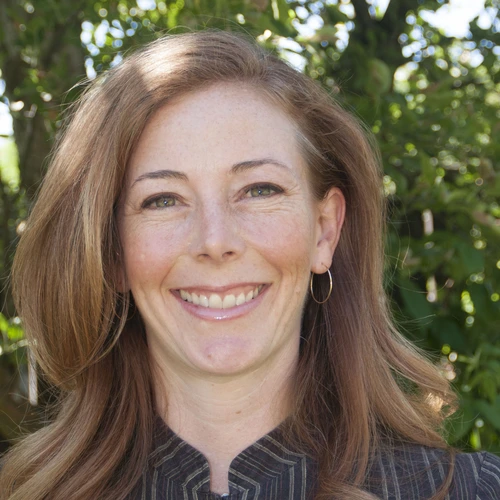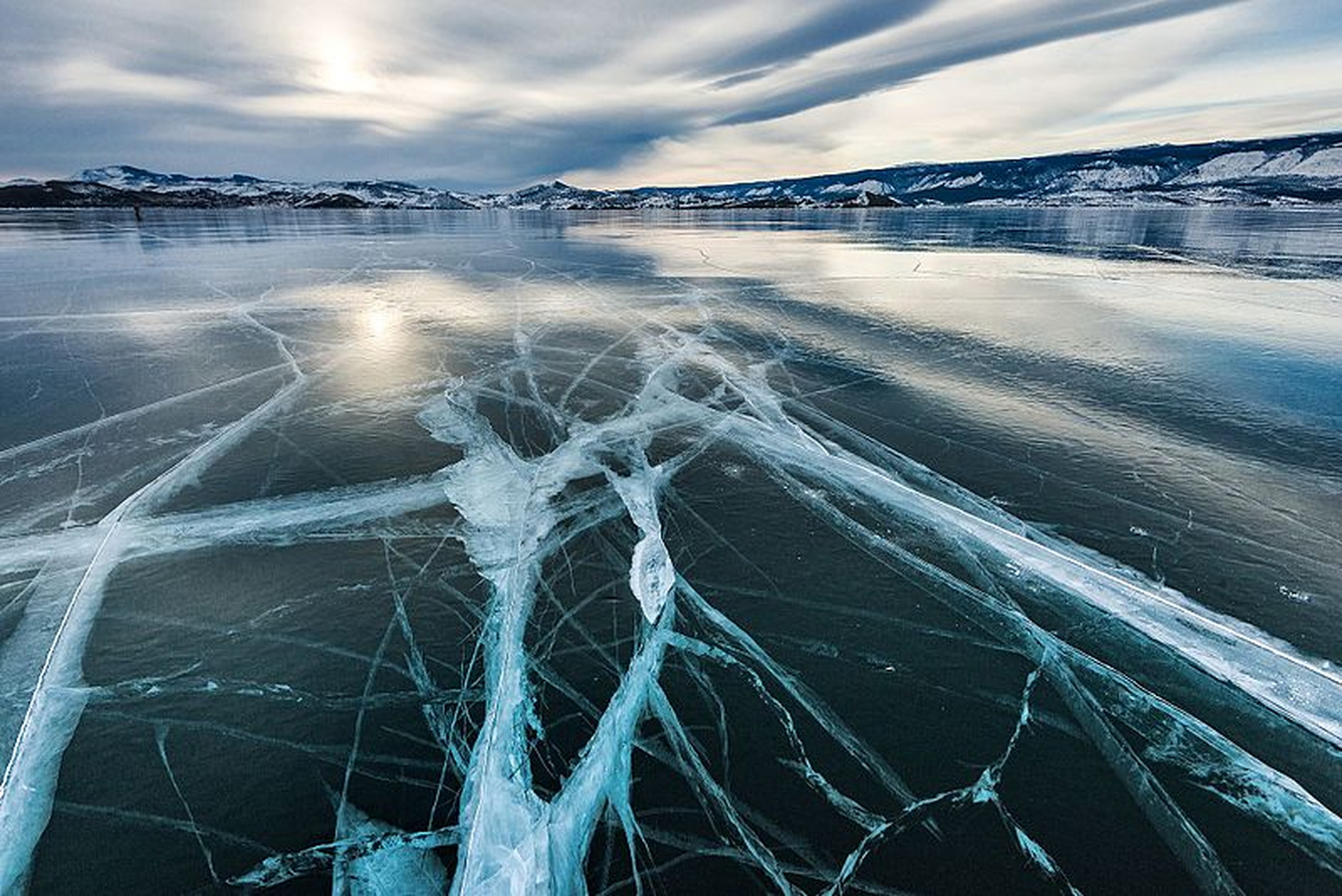Overview
Winter conditions are rapidly changing in temperate aquatic ecosystems, yet relatively little is known of winter ecology in these systems. However, winter research may be reaching a turning point, attracting greater attention as recent synthetic studies demonstrate surprisingly high activity under ice. Particularly under clear ice, primary producers and consumers can be abundant in winter, and interesting dynamics occur in nutrient and carbon cycles. Winter dynamics affect not only food webs and biogeochemistry under the ice, but also processes throughout the year. Addressing the winter knowledge gap demands attention to the shifting drivers and limitations on autotrophy and heterotrophy, specifically the interplay of light, nutrients, and dissolved organic carbon with variation in winter severity. Worldwide shortening in ice duration lends imperative to under-ice studies, in order to more fully understand changes in ecosystem structure and function that may already be underway.

Bio
Stephanie Hampton arrived from the National Science Foundation, where she was the director of the Division of Environmental Biology. She was also a professor and the former director of an interdisciplinary environmental research center at Washington State University.
At Washington State, Hampton was part of a leadership team that oversaw the design, construction, and governance of a new research building to house the university’s Center for Environmental Research, Education, and Outreach, of which she was the director at the time.
This background will be invaluable as Carnegie prepares to build a new 135,000-square-foot, state-of-the-art research facility in Pasadena where experts from a variety of fields will tear down disciplinary silos and tackle environmental, health, and energy system challenges at scales ranging from the molecular to the global.
Hampton’s own research focuses on the dynamic factors that shape aquatic ecosystems, with a focus on Lake Baikal in Siberia and the lakes of the Pacific Northwest. Her work has informed environmental conservation efforts and policymaking.
Prior to Washington State, Hampton served in several leadership roles at U.C. Santa Barbara, including deputy director of the National Center for Ecological Analysis & Synthesis, managing director of Science for Nature and People, and Interim Director of Community Engagement and Education for DataONE.
She received her Ph.D. in ecology and evolution from Dartmouth College, a master’s degree in biology from the University of Nevada Las Vegas, and a bachelor’s degree in biology from the University of Kansas Lawrence.
